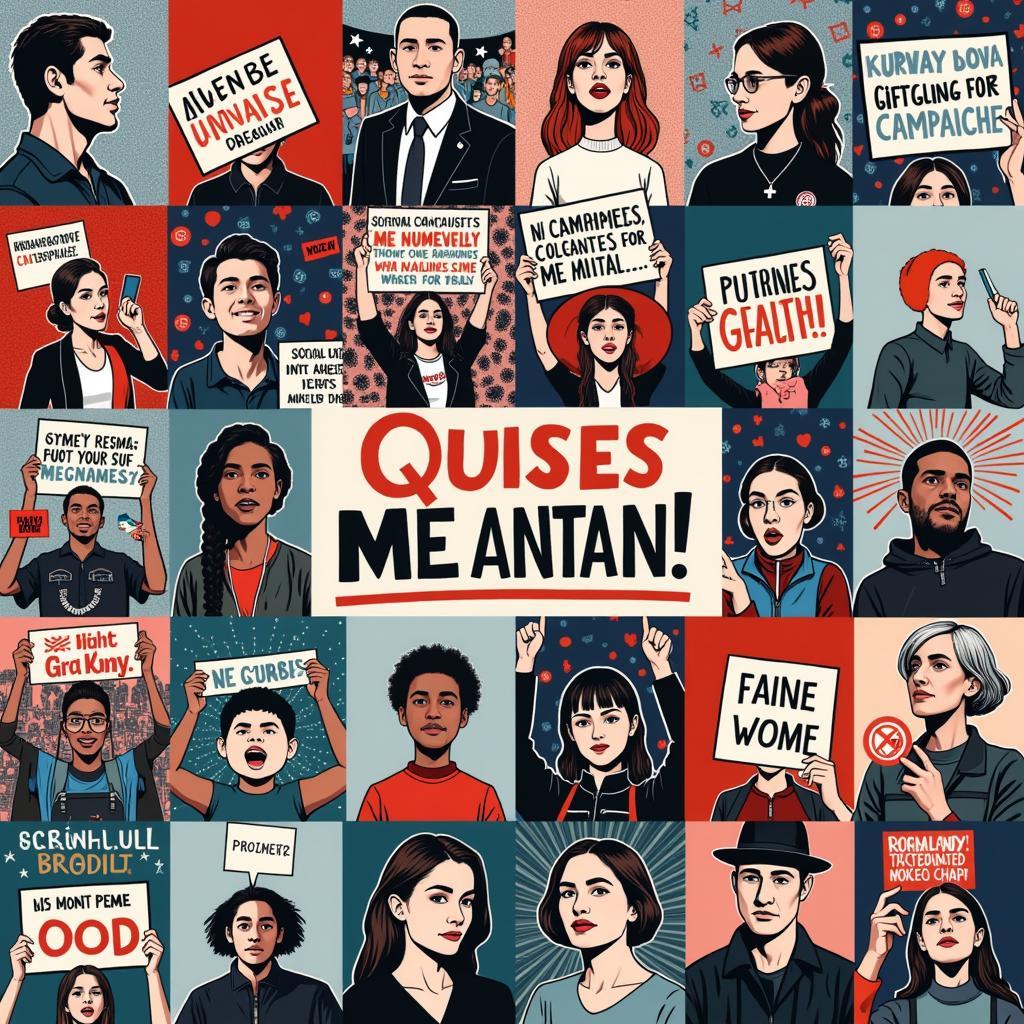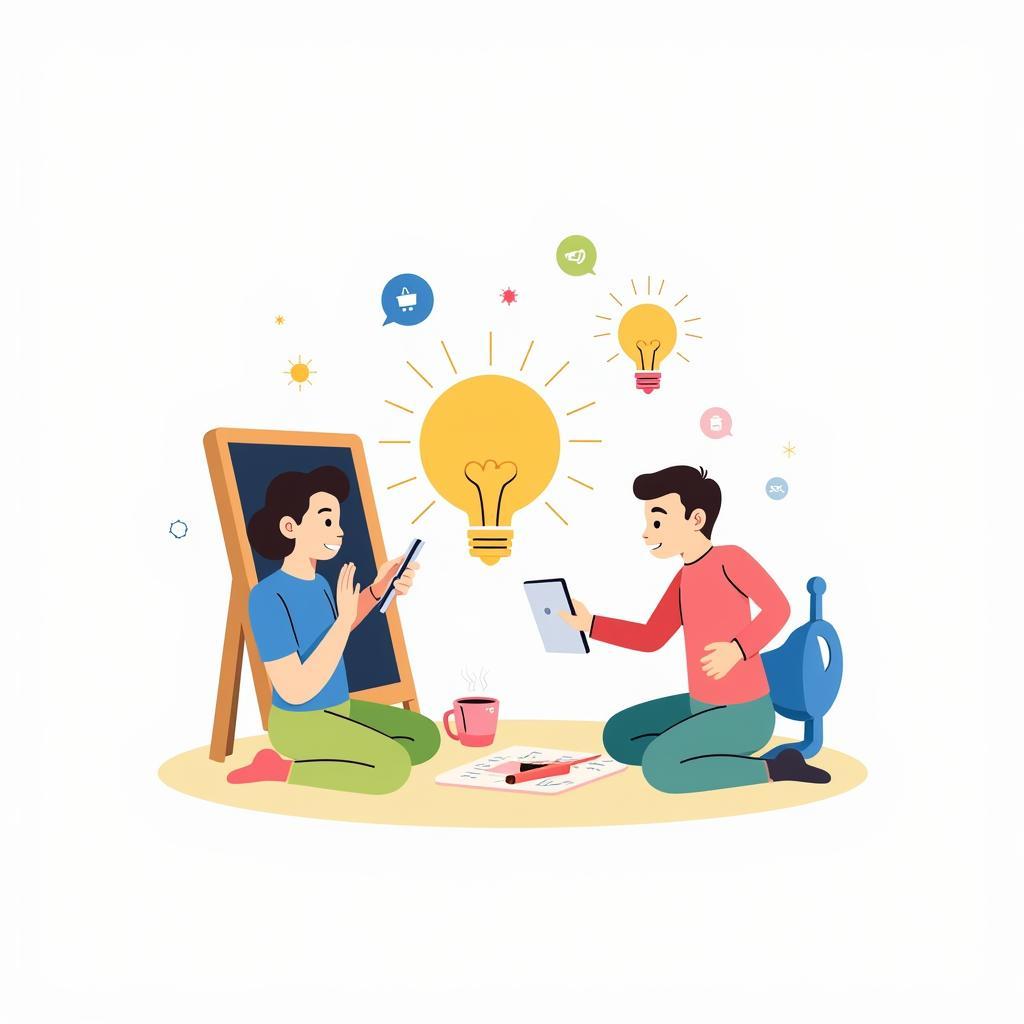The phrase “Social Media Ruined Society” has become a common sentiment, echoing through online forums and dinner table conversations alike. While it’s easy to get swept up in the narrative of social media as a destructive force, the reality is far more nuanced. Has social media truly ruined society, or are we witnessing a complex interplay of challenges and opportunities?
The Dark Side of the Digital Age
It’s undeniable that social media has amplified certain societal issues. Cyberbullying, once confined to school hallways, now extends its reach into the digital realm, leaving victims with little respite. The spread of misinformation, fueled by algorithms and echo chambers, has eroded trust in traditional media and sown discord among communities. The constant pressure to curate a perfect online persona can contribute to anxiety, depression, and a distorted sense of self-worth, particularly among young people.
Furthermore, the addictive nature of social media, with its carefully engineered notifications and endless scroll, can lead to decreased attention spans, sleep disturbances, and a disconnect from the physical world. The comparison game, inherent in platforms showcasing curated lives, can fuel feelings of inadequacy and dissatisfaction.
A Catalyst for Positive Change
However, to label social media as solely detrimental would be a gross oversimplification. Social media has also emerged as a powerful tool for connection, activism, and social change. It has provided marginalized communities with a platform to share their stories, amplify their voices, and challenge systemic inequalities.
 Social Media Activism and Global Movements
Social Media Activism and Global Movements
Social media has proven instrumental in mobilizing protests and raising awareness about critical social issues, from climate change to human rights violations. It has facilitated the growth of online communities centered around shared interests, providing a sense of belonging and support for individuals who might otherwise feel isolated. The ability to connect with people across geographical boundaries has fostered cross-cultural understanding and empathy.
Finding Balance in a Hyperconnected World
The key to navigating the complexities of social media lies in finding a healthy balance. It’s about harnessing the power of these platforms for good while mitigating the potential harms. Media literacy education is crucial, equipping individuals with the critical thinking skills needed to discern fact from fiction and navigate the online world responsibly.
 Digital Wellbeing and Mindful Social Media Use
Digital Wellbeing and Mindful Social Media Use
Promoting digital wellbeing through mindful social media use is essential. This involves setting healthy boundaries, being conscious of the content we consume and share, and prioritizing face-to-face interactions. We must foster online spaces that prioritize respectful dialogue, empathy, and critical thinking.
Social Media: Tool or Tyrant?
Ultimately, the impact of social media on society hinges on how we choose to use it. It is a tool, capable of both harm and good. By promoting responsible use, fostering media literacy, and prioritizing digital wellbeing, we can harness the power of social media to build a more connected, informed, and compassionate world.
FAQ:
- Is social media inherently bad for society? No, social media is a tool. Its impact depends on how it is used and regulated.
- How can I protect myself from the negative effects of social media? Practice mindful scrolling, limit your time online, be selective about the content you consume, and prioritize real-life connections.
- What can I do to promote positive social media use? Share accurate information, engage in respectful dialogue, use your platform to amplify marginalized voices, and promote digital wellbeing.
Need help navigating the complexities of social media and its impact on society? Contact us. Hotline: 02043854663, Email: [email protected] Or visit us: Zone 34, Bac Giang, 260000, Vietnam. We have a 24/7 customer support team.